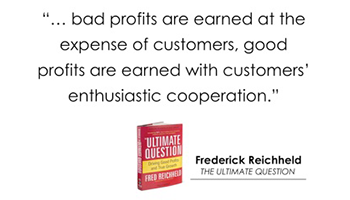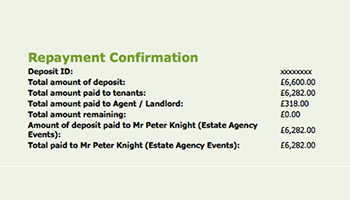2016 – The Year of the Relationship
2016 – The Year of the Relationship

 Back in the distant past the only thing that mattered was the product. It had to be of the right quality and at the right price and be available when people wanted to buy it. Life was pretty simple. But then came the era of the service.
Back in the distant past the only thing that mattered was the product. It had to be of the right quality and at the right price and be available when people wanted to buy it. Life was pretty simple. But then came the era of the service.
People wanted the same product quality and price but they wanted more, they wanted the product to be delivered at their convenience and gift wrapped if that was their fancy. Then things got even more complicated as service became commoditised, everyone was doing it, or if they weren’t customers would go elsewhere, so we entered what has been labelled the “experience economy”. An experience is different to a service; as Property Academy speaker Grant Leboff puts it so well, “a service is done for you whereas an experience is done with you.”
However, as thousands of businesses from across many sectors have created “experiences” for customers this now means that the very best need to up their game again in order to stand out. In my opinion this requires us to look at the customer as someone we have a relationship with, not just a transaction or even a series of transactions, but each and every one as an individual relationship. That’s tough but the rewards for getting it right are considerable.
Caroline Copland, a member of one of our Mastermind Groups, and Head of Marketing for JLL and boutique brand WAEllis, summed up perfectly what I’m saying about relationships when telling a story of her senior partner Lucy Morton a few Christmas’s ago.
Lucy was in a ski resort on holiday with her family and as she ascended on a ski lift for her first run of the day a landlord client called her mobile phone. Rather than letting the call go to voicemail, which many might have been tempted to do as it was Christmas Day after all, Lucy answered and then dealt with her client’s issue with an oven that wouldn’t work liaising with contractors back in London.
What this experience led to was the realisation that the WAEllis Property Management team could assist with all their clients property issues, not just those tenanted but owner occupiers homes as well. This in turn created the opportunity to forge a much closer relationship, for Lucy and her team to be the “go to” people, to become the trusted partners for all their clients’ property needs.
I think that anyone involved in the service industry in particular needs to think about moving from being an “agent” to being a “trusted advisor” instead. This requires a change of mindset and change of focus from new customer acquisition to existing customer relationship development.





